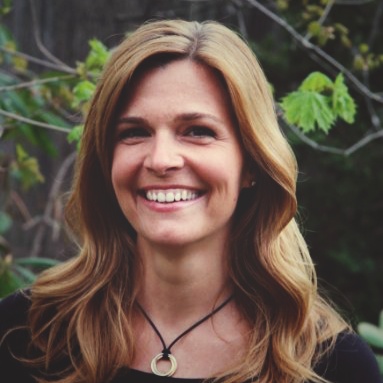Susan Gedrick to Lead Fellows Program
 On October 12, the Clearinghouse’s Access to Justice Fellows Program will kick off its sixth year with a reception at the Adams Courthouse in Boston. There, representatives from area law firms, nonprofits, and the courts will gather to welcome the newest class of 21 Fellows, a group of retired attorneys and judges who will spend the next year volunteering their expertise for a variety of pro bono projects.
On October 12, the Clearinghouse’s Access to Justice Fellows Program will kick off its sixth year with a reception at the Adams Courthouse in Boston. There, representatives from area law firms, nonprofits, and the courts will gather to welcome the newest class of 21 Fellows, a group of retired attorneys and judges who will spend the next year volunteering their expertise for a variety of pro bono projects.
There will be another new face in the crowd in addition to the Fellows: Susan Gedrick, who joined the Clearinghouse in August as the Access to Justice Fellows Program Manager.
A lawyer by training, Susan spent many years working in the nonprofit sector and freelancing as a legal writer. She says she was drawn to the Fellows Program because of her interest in legal services and because of the program’s unique model, which emphasizes the power of volunteerism in retirement.
“I was so impressed with the whole concept of continuing volunteerism throughout your whole life; I really loved that idea,” she says. “I try to be a volunteer through the various stages of my life, too, and it’s so promising to think that there’s a program like this that encourages you to keep volunteering beyond your career.”
This year’s class of Fellows will volunteer with a wide range of partner organizations, including civil legal service nonprofits that focus on immigration, child welfare, veterans’ issues, and environmental conservation. They will tap into their years of legal experience to assist with governance, advocacy, the mentorship of younger attorneys, the creation of new programs, and other matters that enable these organizations to better serve their communities.
“Not only do Fellows get to use the expertise and experience they’ve built up through their entire careers, they also get the chance to be a bit more creative and outside the box and to do something that really has meaning to them,” Susan says. “It’s something they can help create, and they can help grow and maintain as well; it’s not just a one year program, it’s a catalyst for having this volunteer life after retirement.”
Now that the 2017-2018 class of Fellows has been finalized, Susan is looking forward to getting to know the Fellows better. She will be facilitating monthly lunch meetings, where everyone can come together to discuss their projects and share ideas and strategies–something past Fellows, many of whom continue to volunteer, have said they found extremely valuable.
Fostering such a sense of community is important to Susan, because she recognizes how isolating it can be to retire after spending many decades in the workforce.
“Retirement can be a scary time, but it can be really exciting too,” she says. “To have other people going through it with you is special.”
Fellows Program co-founders Martha Koster and Sue Finegan, of Mintz Levin, have long hoped to inspire other access to justice commissions around the country to create their own versions of the program, and recently the Louisiana Access to Justice Commission announced plans to adopt the Fellows Program model. Moving forward, Susan is excited to help grow the program and inspire even more states to follow suit.
In the meantime, Susan plans to learn as much as she can about Greater Boston’s vibrant and ever-growing legal services community, and she hopes that the Fellows Program can serve as an important resource as organizations strive to meet the needs of those they serve.